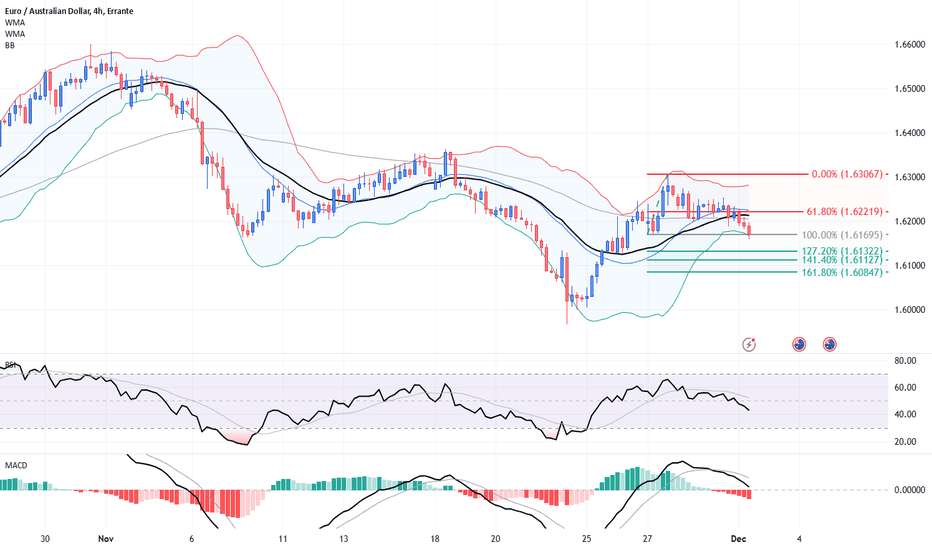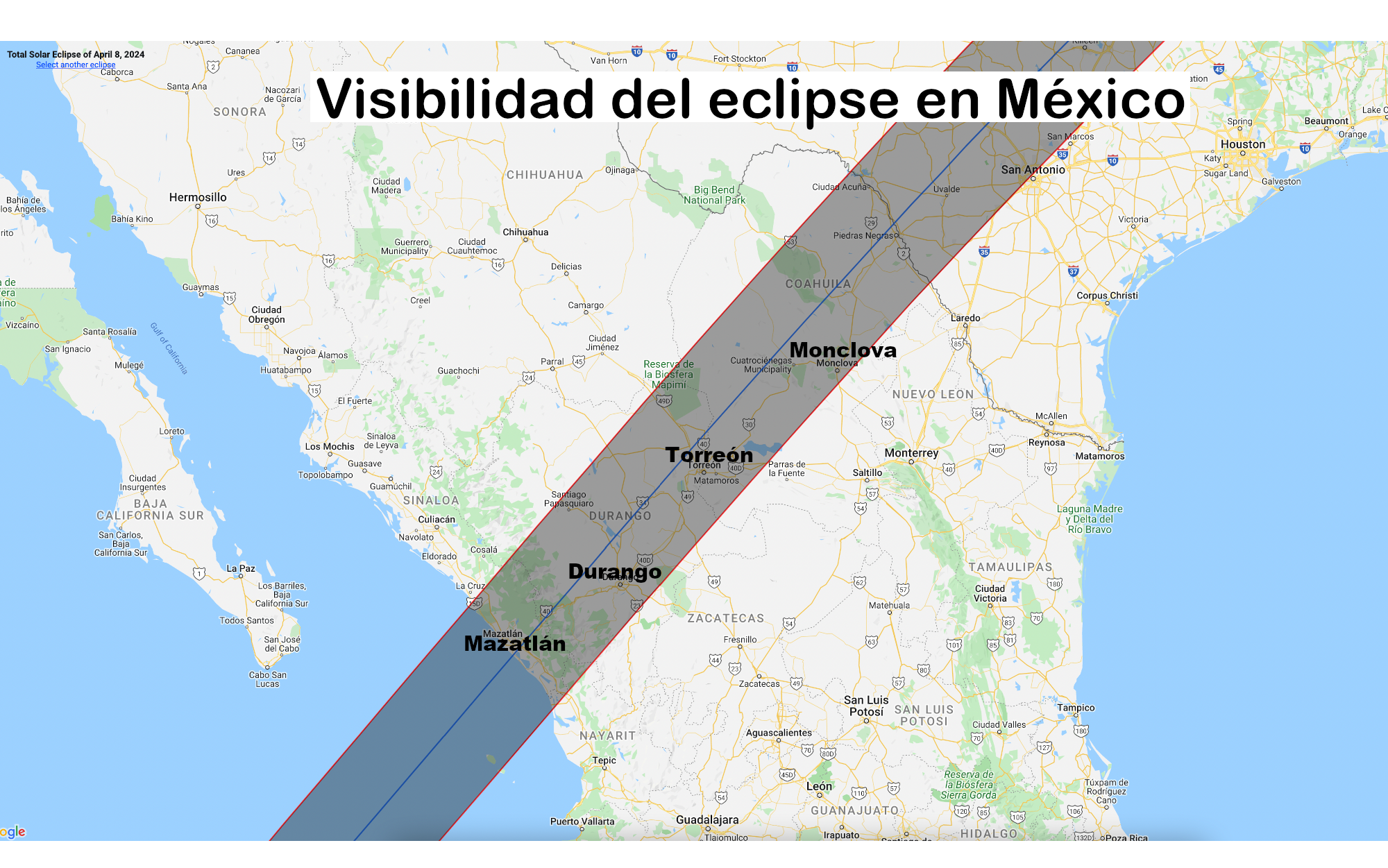How The Student Loan Crisis Will Impact The US Economy

Table of Contents
Reduced Consumer Spending and Economic Growth
High student loan payments significantly reduce borrowers' disposable income, leading to decreased consumer spending and stifled economic growth.
Lower Disposable Income
The burden of student loan repayments directly impacts borrowers' ability to spend money on other things. A substantial portion of their monthly income is diverted to loan payments, leaving less for essential expenses and discretionary spending.
- Delayed major purchases: Buying a home, a car, or even starting a family are often delayed due to the weight of student loan debt.
- Reduced entertainment and travel: Spending on leisure activities like dining out, travel, and entertainment is often curtailed.
- Difficulty saving for retirement: The pressure of loan repayments makes saving for retirement significantly harder, potentially leading to financial insecurity in later life.
According to the Federal Reserve, a significant percentage of borrowers allocate over 20% of their income to student loan repayments, leaving little room for other essential financial goals. This reduced spending power has a ripple effect throughout the economy.
Stifled Economic Growth
Reduced consumer spending translates directly into slower economic growth. When individuals spend less, businesses see decreased demand, leading to reduced production, hiring freezes, and ultimately, lower GDP growth.
- Ripple effect across industries: The impact extends to various sectors, including retail, hospitality, and the automotive industry, as consumer demand weakens.
- Fewer jobs created: Slowed economic growth directly correlates with fewer job creation opportunities.
- Long-term economic stagnation: If left unchecked, the sustained reduction in consumer spending could lead to a prolonged period of economic stagnation.
Studies have shown a clear correlation between high levels of student loan debt and lower economic indicators, highlighting the significant impact of this crisis on the overall health of the US economy.
Impact on the Housing Market
The student loan crisis significantly impacts the housing market, delaying homeownership for young adults and reducing overall housing demand.
Delayed Homeownership
Student loan debt presents a major hurdle for young adults seeking to enter the housing market. The substantial monthly payments make it challenging to save for a down payment and meet mortgage lender requirements.
- Mortgage approval challenges: Lenders often view high student loan payments as a significant risk, making it harder to secure a mortgage.
- Difficulty accumulating savings: The financial strain of loan repayments leaves little room for saving, further delaying homeownership.
- Limited housing options: High student loan debt can restrict borrowers to smaller homes or less desirable locations due to budget constraints.
Reduced Housing Demand
The collective effect of delayed homeownership leads to decreased demand in the housing market, particularly in segments targeting young adults.
- Lower prices in certain segments: Reduced demand can result in lower housing prices, potentially impacting the value of existing homes.
- Impact on the construction industry: Decreased demand for new homes negatively affects the construction industry and related businesses, leading to job losses and economic slowdown in this sector.
- Long-term implications for economic growth: A sluggish housing market can have broader economic implications, further contributing to overall economic stagnation.
Implications for the Labor Market
The student loan crisis significantly influences career choices and discourages entrepreneurship and innovation, impacting the labor market in profound ways.
Career Choices
The weight of student loan debt often forces individuals to prioritize higher-paying jobs over those aligned with their passions or interests.
- Prioritizing salary over fulfillment: Graduates may choose lucrative but less fulfilling careers to accelerate loan repayment.
- Limited career exploration: The financial pressure can discourage pursuing further education or training in specialized fields, limiting career opportunities.
- Reduced job satisfaction: Choosing a job solely based on salary can lead to reduced job satisfaction and potentially higher employee turnover.
Entrepreneurship and Innovation
Student loan debt poses a significant barrier to entrepreneurship, as the financial risk of starting a business is amplified by existing debt obligations.
- Difficulty securing funding: Existing debt can make it harder to secure loans or investments for a new venture.
- Higher risk aversion: The financial burden discourages risk-taking, hindering innovation and the creation of new businesses.
- Stifled economic dynamism: Reduced entrepreneurship can stifle economic dynamism and limit the creation of new jobs and economic opportunities.
Increased Risk of Default and its Economic Consequences
The increasing risk of student loan default carries significant consequences for both individuals and the broader US economy.
Financial Instability
Defaulting on student loans has severe repercussions for individuals, impacting their financial health and future opportunities.
- Damaged credit score: Default significantly damages credit scores, making it harder to obtain loans, rent an apartment, or even get a job.
- Wage garnishment: Lenders can garnish wages to recover defaulted loans, reducing disposable income even further.
- Collection agency harassment: Borrowers often face aggressive collection efforts from debt collection agencies.
Systemic Risk to the Economy
Widespread student loan defaults pose a systemic risk to the US economy.
- Impact on financial institutions: High default rates can lead to significant losses for lenders and potentially destabilize financial institutions.
- Reduced overall economic activity: A wave of defaults could further depress consumer spending and economic growth.
- Potential for a financial crisis: A large-scale default crisis could trigger a broader financial crisis, similar to the subprime mortgage crisis of 2008.
Conclusion
The Student Loan Crisis Impact on US Economy is significant and multifaceted. From reduced consumer spending and a depressed housing market to its impact on the labor market and the increasing risk of widespread defaults, this crisis poses a serious threat to the nation's economic well-being. The evidence clearly demonstrates that addressing this issue is crucial for ensuring long-term economic health and stability. Understanding the student loan crisis and its impact on the US economy is crucial. Learn more about potential solutions and advocate for policies that address this growing problem. Resources like the Consumer Financial Protection Bureau (CFPB) and the National Student Loan Data System (NSLDS) offer valuable information on student loan debt and potential solutions. Let's work together to mitigate the detrimental impact of the student loan crisis on the US economy.

Featured Posts
-
 Eur Usd Lagardes Strategy To Boost The Euros International Influence
May 28, 2025
Eur Usd Lagardes Strategy To Boost The Euros International Influence
May 28, 2025 -
 Turning Poop Into Podcast Gold An Ai Powered Approach To Repetitive Scatological Documents
May 28, 2025
Turning Poop Into Podcast Gold An Ai Powered Approach To Repetitive Scatological Documents
May 28, 2025 -
 Rome Champ Driven To Achieve More
May 28, 2025
Rome Champ Driven To Achieve More
May 28, 2025 -
 The Nine Points That Cost Ajax The League A Detailed Analysis
May 28, 2025
The Nine Points That Cost Ajax The League A Detailed Analysis
May 28, 2025 -
 Kapolda Bali Irjen Daniel Resmi Pimpin Serah Terima Jabatan 7 Perwira Menengah
May 28, 2025
Kapolda Bali Irjen Daniel Resmi Pimpin Serah Terima Jabatan 7 Perwira Menengah
May 28, 2025
Latest Posts
-
 Fc Augsburg Neuer Torwart Garteig Kommt Von Ingolstadt
May 30, 2025
Fc Augsburg Neuer Torwart Garteig Kommt Von Ingolstadt
May 30, 2025 -
 Augsburger Juden Und Sport Eine Geschichte Von Rueckkehr Und Widerstand
May 30, 2025
Augsburger Juden Und Sport Eine Geschichte Von Rueckkehr Und Widerstand
May 30, 2025 -
 Garteig Wechselt Von Ingolstadt Nach Augsburg Bayern Liga Transfer
May 30, 2025
Garteig Wechselt Von Ingolstadt Nach Augsburg Bayern Liga Transfer
May 30, 2025 -
 Caida Ticketmaster Grupo Milenio Informes Del 8 De Abril
May 30, 2025
Caida Ticketmaster Grupo Milenio Informes Del 8 De Abril
May 30, 2025 -
 Nieuwe Trainer Gezocht Augsburg Na Ontslag Thorup
May 30, 2025
Nieuwe Trainer Gezocht Augsburg Na Ontslag Thorup
May 30, 2025
